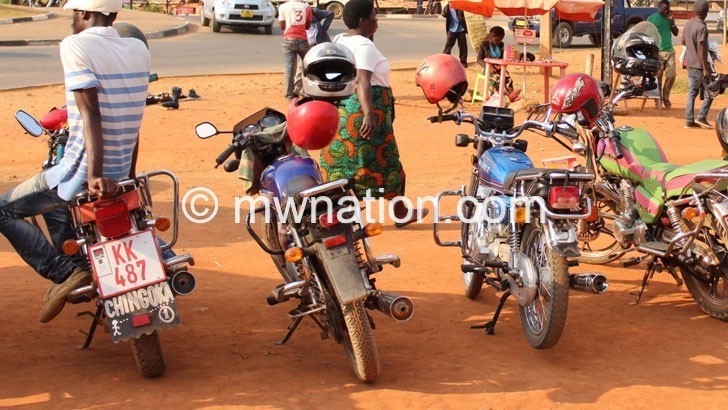Tax measures bring joy, pain
Minister of Finance, Economic Planning and Development Joseph Mwanamvekha on Monday outlined tax measures that will bring joy and pain in equal measure to taxpayers.
But the highlight of the tax measures in the K1.731 trillion 2019/20 National Budget that will excite employees is the increase in the pay as you earn (Paye) tax-free bracket by 28.5 percent from K35 000 to K45 000 to cushion workers from the rising cost of living and increase their disposable personal income.

At the same time, Mwanamvekha said in consultation with employers and employees associations, government has increased the minimum wage from K962 per day or K25 012 per month to K1 346 per day or K35 000 per month.
“This Madam Speaker, is to partly protect the lowly paid workers and improve their welfare. Government will be reviewing the minimum wage from time to time to take into account developments in the purchasing power of the kwacha,” he told parliamentarians.
In the tax measures, Mwanamvekha said are pro-poor and pro-growth aimed at strengthening domestic resource mobilisation, government has reviewed customs procedure code 409 covering people with disabilities to include duty-free clearance of sunscreen creams, protective gear and community security alert alarms for use by people with albinism.
This measure, he said, aims at increasing accessibility of the products and promoting the welfare of people with albinism.
To promote the use of clean energy and minimise deforestation, customs duty and excise tax on gas cylinders has been removed.
Said Mwanamvekha: “Government laments the wanton cutting of trees for fuel wood as this is negatively contributing towards adverse impact of climate change.”
Importers of motorcycles will also be happy as Mwanamvekha announced the removal of customs duty on motorcycles of cylinder capacity of not more than 100cc, popularly known as Kabaza, to promote rural transportation.
But he issued a warning: “I, therefore, implore motorists to ensure that they get their motorcycles properly registered with relevant authorities, including MRA [Malawi Revenue Authority], police and Road Traffic Directorate so that only registered motorcycles ply on our roads to enhance safety.”
However, importers of plastic pipes, tubes and hoses will be a sad lot as Mwanamvekha announced the introduction of excise tax at 10 percent on them, including plastic sacks and bags for packing of goods.
He said generally products under this category attract excise tax but were omitted under the customs and excise tariffs order; hence, creating discrimination.
In an effort to promote construction of decent housing among rural people and ensure that iron sheets are affordable, the minister announced the removal of customs duty on flat iron sheet, a key raw material for the production of iron sheet locally.
Malawi has traditionally been an importing country, with imports surpassing export. In view of this, Mwanamvekha announced the introduction of a surcharge on some imported goods that have local substitutes such as vegetables, fruits, sugar, cooking oil and cement.
“This has been done to encourage growth of local industries, save foreign exchange and promote industrialisation,” he said.
Tax measures under Value Added Tax (VAT) include removal of VAT on solar panels, solar batteries, solar accumulators, solar inverters, solar chargers, solar lumps, solar bulbs and energy efficient bulbs, liquefied petroleum gas and gas cylinders, and wood cook stoves.
But government has introduced VAT on some oils under the customs and excise tariff, excluding oils which are considered as basic and nutritional commodities but removed VAT on laundry soap in bars.
On the promotion of value addition for exports, government has increased export allowance of non-traditional processed products to 30 percent from 25 percent and the allowance for non-traditional unprocessed exports has been reduced to 10 percent from 25 percent.
Mwanamvekha said the tax measures are aimed at balancing between expanding the scope of resource mobilisation and creating an enabling environment for investment and productivity.





